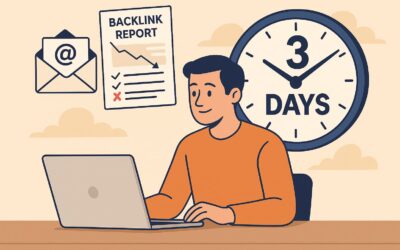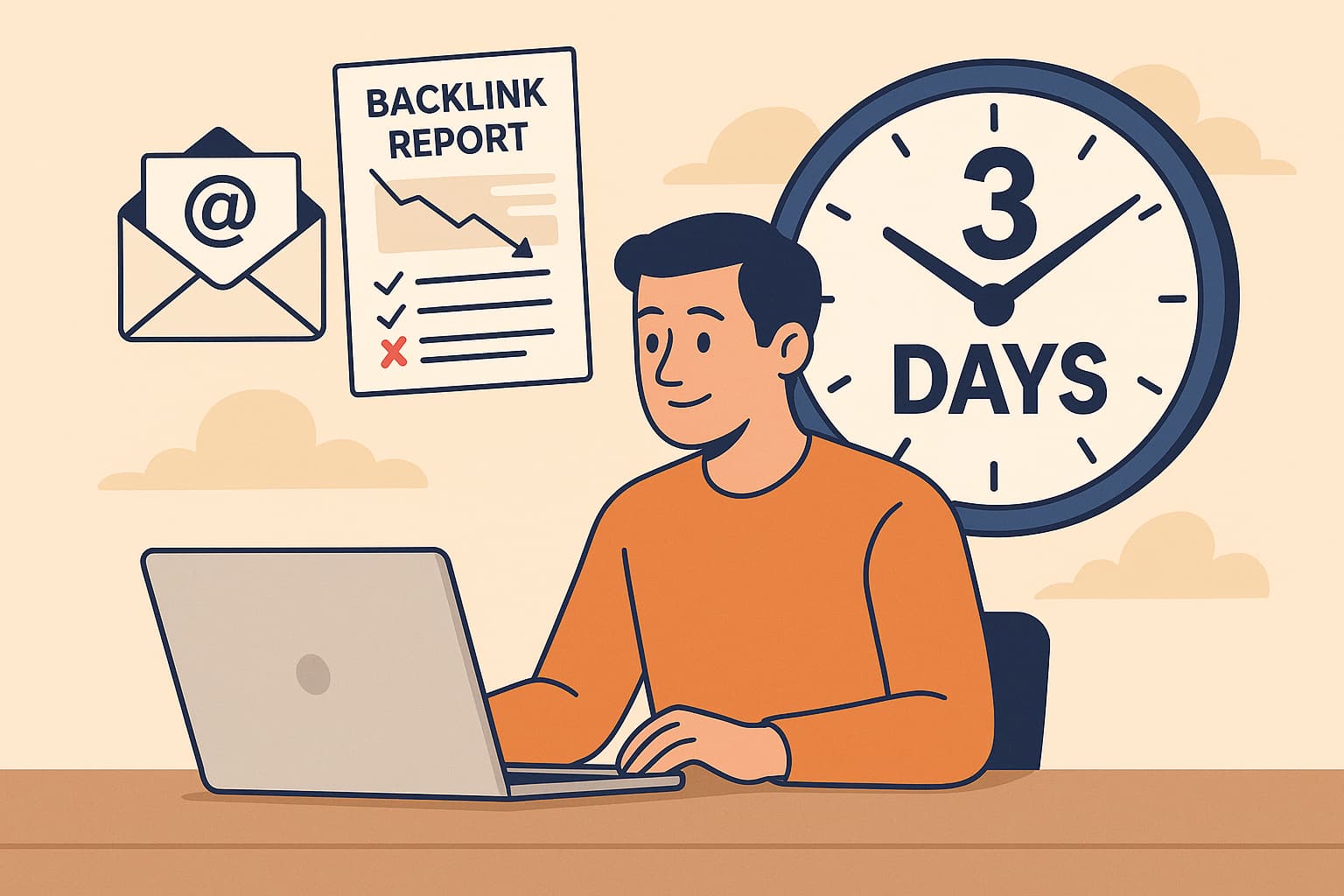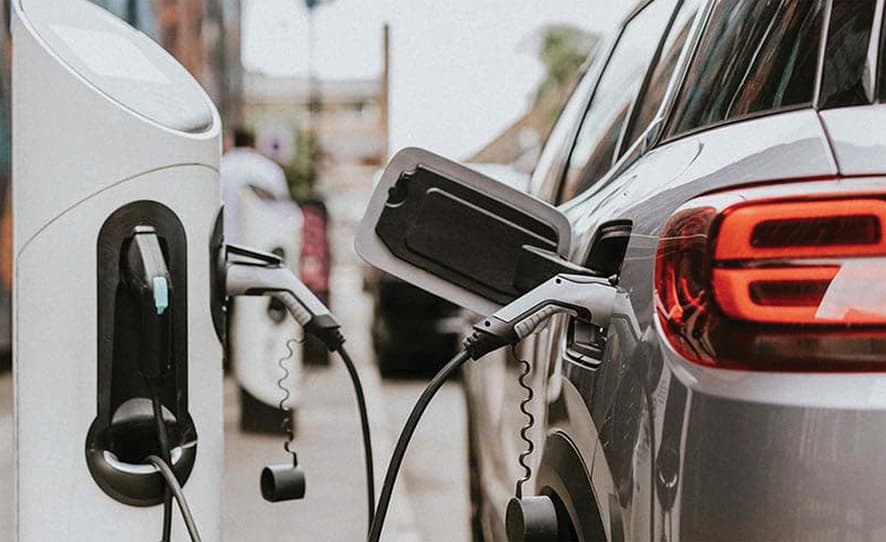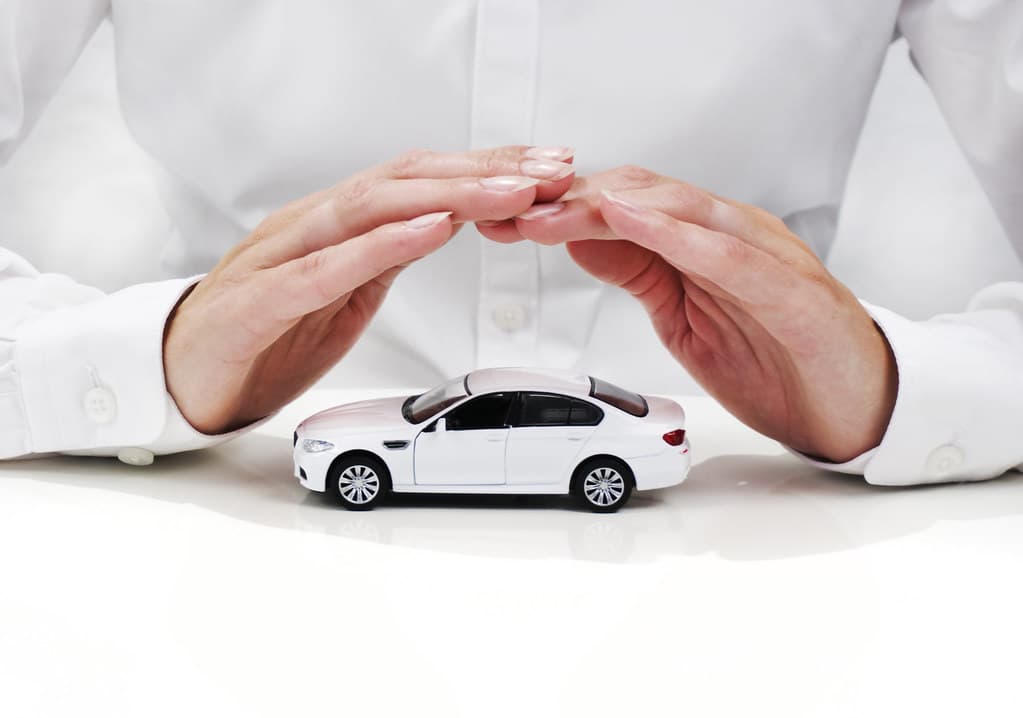Car Insurance for Professional Gamblers: What Makes You High-Risk?

Car insurance companies rely on data, not assumptions. But when it comes to professions like professional gambling, the data can be limited, the patterns irregular, and the risk assessments more cautious than usual. In the UK, someone who earns a living from betting — whether that’s poker, sports betting, or online play at casinos not on Gamstop — may find it harder to get straightforward cover or a competitive premium.
Insurers don’t ban gambling-related professions, but they often attach higher rates or flag them for manual review. This article explains how being a professional gambler affects your car insurance, why insurers may view it as a higher-risk occupation, and what steps you can take to avoid overpaying or having your cover restricted.
Why Your Occupation Affects Your Insurance in the First Place
Your job title is one of the many factors insurers use to build a risk profile. This isn’t just about what you do for work — it’s about how people with that job statistically behave behind the wheel, how often they make claims, and how their driving fits into larger patterns. It’s about data, not necessarily about you.
Jobs involving irregular hours, stress, frequent travel, or income instability tend to be treated as higher risk. For example, night-shift workers, couriers, self-employed tradespeople, and yes — gamblers — may all face higher base premiums than office staff working 9 to 5.
What Insurers See When They Read ‘Professional Gambler’
The idea of a full-time gambler is often met with caution from underwriters. Here’s why:
1. Financial Unpredictability
Insurers prefer people with predictable incomes. That’s not just about the ability to pay the premium — it’s about long-term behaviour. Someone with inconsistent income is statistically more likely to make delayed payments, cancel policies mid-term, or request refunds. They’re also more likely to be financially stressed after a claim.
Professional gamblers, even successful ones, deal with wins and losses that fluctuate widely. That volatility raises concerns in underwriting models, even if the actual income is higher than average.
2. Driving at Unusual Hours
If you’re attending live poker tournaments, private betting events, or late-night sessions at casinos, you’re probably on the road outside standard driving hours. The data shows that night-time driving, especially after 10 pm, is associated with more accidents, not just due to tiredness, but also reduced visibility, alcohol exposure (from other drivers), and road conditions.
Insurers take the time of day into account when setting rates. The more your driving patterns mirror those riskier periods, the higher the price they quote.
3. Poor Classification or Ambiguous Job Titles
There’s no universal way to define “professional gambler” as an occupation. Some insurers have it as a selectable job. Others don’t — and may flag it manually for extra questions.
People sometimes list themselves as “traders”, “consultants”, “analysts”, or “unemployed” to try to fit their situation into an accepted category. But this can cause trouble. If your insurer later finds out you misclassified your occupation — even by accident — they can argue that your policy was based on incorrect information.
That might result in a reduced payout, increased excess, or even full denial of a claim, especially if the incident seems connected to how or why you were driving.

4. Stereotypes Around Risk Behaviour
Gambling, fairly or not, is linked to risk-taking. That’s not just about betting money — it’s about decisions made under pressure, managing uncertainty, and sometimes emotional highs and lows.
Insurers may believe that those comfortable with high-risk financial decisions could also drive more impulsively, speed more often, or push limits on the road. There’s no proof you’re more likely to crash — but in a business built on statistics, perception often shapes policy.
What Happens If You Drive a High-End Car?
Many professional gamblers, especially those doing well, buy expensive cars. From sporty coupes to prestige saloons, these vehicles are fun to drive and mark success. But they’re also magnets for higher insurance rates.
Here’s why:
- Expensive cars cost more to repair after any kind of accident.
- Replacement parts may be harder to source or only available through specialist garages.
- High-end vehicles are more attractive to thieves, especially keyless entry models.
- If your profession is already flagged as high-risk, a luxury vehicle only amplifies the exposure.
Some gamblers also change vehicles frequently, buying cars outright with winnings or switching after short ownership periods. Insurers may view that as unstable usage, which can affect premium stability and make it harder to build a no-claims history.
If You Travel Often for Gambling Events
Even if you play mainly online, many professional gamblers still attend live events or meetups in person, whether for tournaments, VIP casino invitations, or promotional gigs. If this means you’re regularly driving long distances across the UK, that adds to your total annual mileage.
The more miles you drive, the higher your risk of being involved in an accident, statistically speaking. If your mileage exceeds the number you declared on your quote, you risk invalidating parts of your cover.
And if you stay overnight near casinos or hotels and leave your car parked in high-risk areas, the location data tied to your policy can also influence renewal pricing.
What Happens During a Claim?
Let’s say you’re involved in a collision and file a claim. If the insurer starts investigating and discovers that:
- Your occupation wasn’t listed accurately
- The car was being used for travel directly related to the gambling business
- The mileage or usage doesn’t match what’s on file
They may challenge the payout.
This doesn’t mean your claim will be rejected outright, but it does give them grounds to limit it or increase your excess. If you’re found to have knowingly misled them, that opens the door to claim denial, policy cancellation, or even being flagged on internal databases.
How to Get Insurance That Works for Your Situation
Be Upfront
The most important step is honesty. If you describe yourself as a professional gambler, list it accurately and be prepared for follow-up questions. Avoid trying to mask it under vague job titles — this is more likely to cause problems than solve them.
Work With a Broker
Some insurance brokers in the UK specialise in covering people with unusual jobs, self-employed trades, or freelance incomes. A broker can explain your situation clearly to underwriters and find companies more familiar with covering non-traditional occupations.
Limit Risk Where You Can
If you drive a car in a high insurance group, consider switching to something lower. Install a tracker or immobiliser. Park in a garage or well-lit area when staying overnight. Keep your declared mileage realistic — it’s better to round up slightly than under-report.
Keep Your Records in Order
If your income is questioned during a claim or verification process, being able to show betting receipts, bank transfers, or tax returns can help validate your financial position.
Final Word
Being a professional gambler isn’t illegal, and it doesn’t mean you’re a dangerous driver. But to an insurance company, your job brings variables that are harder to model and easier to flag.
Your income is irregular. Your driving patterns may be less predictable. Your job title doesn’t always fit cleanly into a drop-down box. All of this contributes to why you might be charged more or offered fewer choices.
That said, you’re not stuck. With the right approach — honesty, clarity, and careful planning — it’s still possible to get car insurance that protects you properly, without paying over the odds. Gambling may involve risk. But your car cover doesn’t have to.









